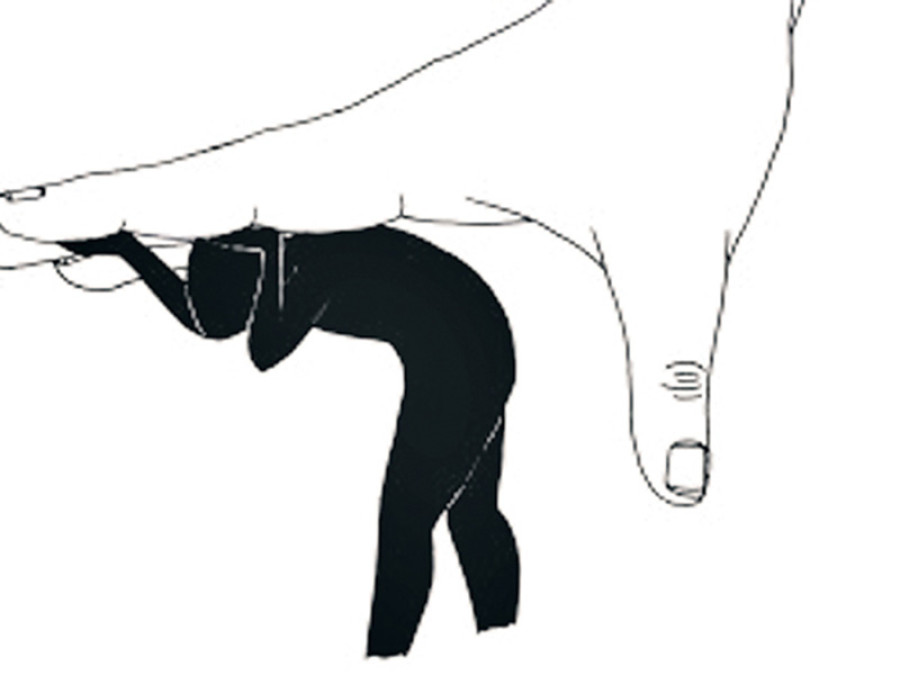Opinion
Make it a crime
The state should do more to end discrimination against Dalits because the people won’t
My friends usually ask me, “Who are Dalits?” Many do not even know the meaning of the term Dalit and its discourse, so a full explanation of the name and the discussion surrounding it is in order. Dalit generally means degraded, suppressed, oppressed, dehumanised, discriminated against, othered and hegemonised, among other derogatory terminology. The definition offered by the National Dalit Commission (NDC) is a bit different: “Dalits are those groups of people in Nepali society who are inhumanly discriminated against, suppressed, oppressed, degraded, marginalised, often tagged as untouchable in the stratified Hindu Varna system and casteism which was institutionalised deliberately through legal instruments, such as Muluki Ain 1910 (Civil Code 1853) and so forth, marginalised from mainstream development initiatives and even excluded in the national arena.”
Accordingly, Dalits are those who belong to certain caste groups and suffer caste-based discrimination (CBD) and the superstitious malpractice of untouchability endorsed by the state-protected Hindu ideology with certain dogmas or beliefs of caste hierarchy. Dalits are even described as a Dalit community, not Dalit caste. It is a large community which includes dozens of castes. According to the NDC, there are three types of Dalits—Hill Dalits, Tarai Dalits and Newar Dalits. Hill Dalits consist of the following castes: Sarki (Mijar) leather workers; Kami (Bishwakarma) blacksmiths, ironsmiths and goldsmiths; Damai (Pariyar, Dholi, Darji and Suchikar) tailors; and Gandarva (Gaine) musicians. Likewise, castes like Chamar (Harijan), Paswan, Dushadh, Dom, Khatwe, Pattharkatta, Halkhor, Dhobi and Bantar belong to Tarai Dalits. Newar Dalits consist of Chyamakhala, Pode, Dyola and Pujari castes who also face severe CBD and untouchability within that caste group.
Reasons behind subjugation
There are a number of determining factors for Dalit backwardness and suppression. The erstwhile feudal state that ruled as per Hindu ideology imitated the Hindu law of Indian sage Manu (who was also a king). Nepal formulated the Civil Code which made provisions for four Varnas, that is Brahmin, Chhetri, Vaishya and Shudra. Under this set of laws, inhuman and severe discrimination was meted out to the so-called Shudras or untouchables. Shudras were not permitted to listen to the Hindu scriptures known as Vedas or quote them. If they did so, they were to be punished by having molten iron poured into their ears and their tongues cut off. Only Brahmins had the right to listen to the Vedas and recite them. When only Brahmins and ‘upper castes’ have the right to study the Vedas, how can the so-called Shudras (Dalits) get an education and hold high and inclusive positions in all the state mechanisms? Obviously, they cannot.
It would be relevant here to quote human rights activists Subodh Raj Pyakurel and Gauri Pradhan. Pyakurel said, “Dalits are the first and foremost engineers of society and its civilisation, and you cannot even imagine society without their contribution. They have initiated the civilisation of society with their skills and technology like making agricultural instruments, home utensils and factory equipment; making shoes, tailoring and cleaning the roads and their periphery and protecting the environment on a larger scale.” It can be claimed that Dalits are the most crucial segment of society without whom social civilisation cannot be experienced.
Pradhan, then a member of the National Human Rights Commission (NHRC) and its spokesperson, said, “There is a superiority complex and an inferiority complex that ‘superior’ castes and ‘inferior’ castes respectively embody. This is the major challenge for eliminating CBD and untouchability.” As stated in his opinion, most Dalits still feel inferior in the sense that they hesitate to participate in performances and rituals of pro-Dalits despite being invited to join them.
Constitutional provisions
Meanwhile, a new constitution has been formulated, and there are some positive provisions for Dalits in the preamble. Articles 24 and 40 have been established as fundamental rights for Dalits. Article 255 has made the National Dalit Commission a constitutional body. These provisions are Dalit-friendly. But the rights enshrined in the new constitution are not adequate. Some rights need to be included for Dalits. For this purpose, a constitutional amendment is required. One needs to think how Dalits have been made backward and what their feelings are. Can anybody imagine a Brahmin or a person belonging to the ‘upper caste’ living like a Dalit or untouchable even for a single month? I do not think so. The state needs to act and end this discrimination against Dalits because the people are not going to do it.
The state should apologise to Dalits for centuries of discrimination and mention this in the preamble to the constitution. The constitution amendment bill should contain words expressing apology and remorse. Dalits should be included in every state mechanism under the spirit of proportional representation. This is the time to do something for Dalits through constitutional provisions in order to create a civilised and equitable society.
Mijar is the vice-chairperson of the Dalit NGO Federation and is pursuing an MPhil in English from Tribhuvan University




 9.89°C Kathmandu
9.89°C Kathmandu









